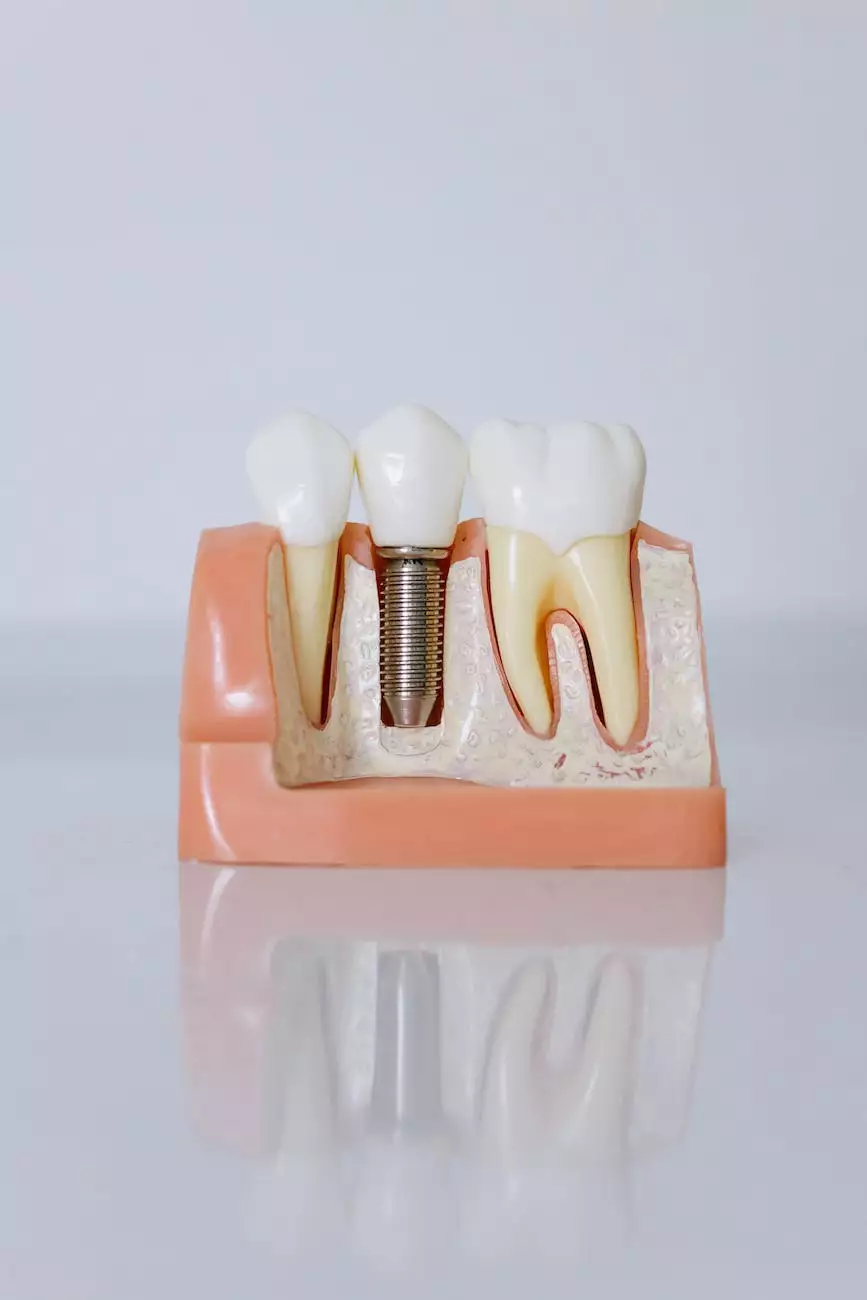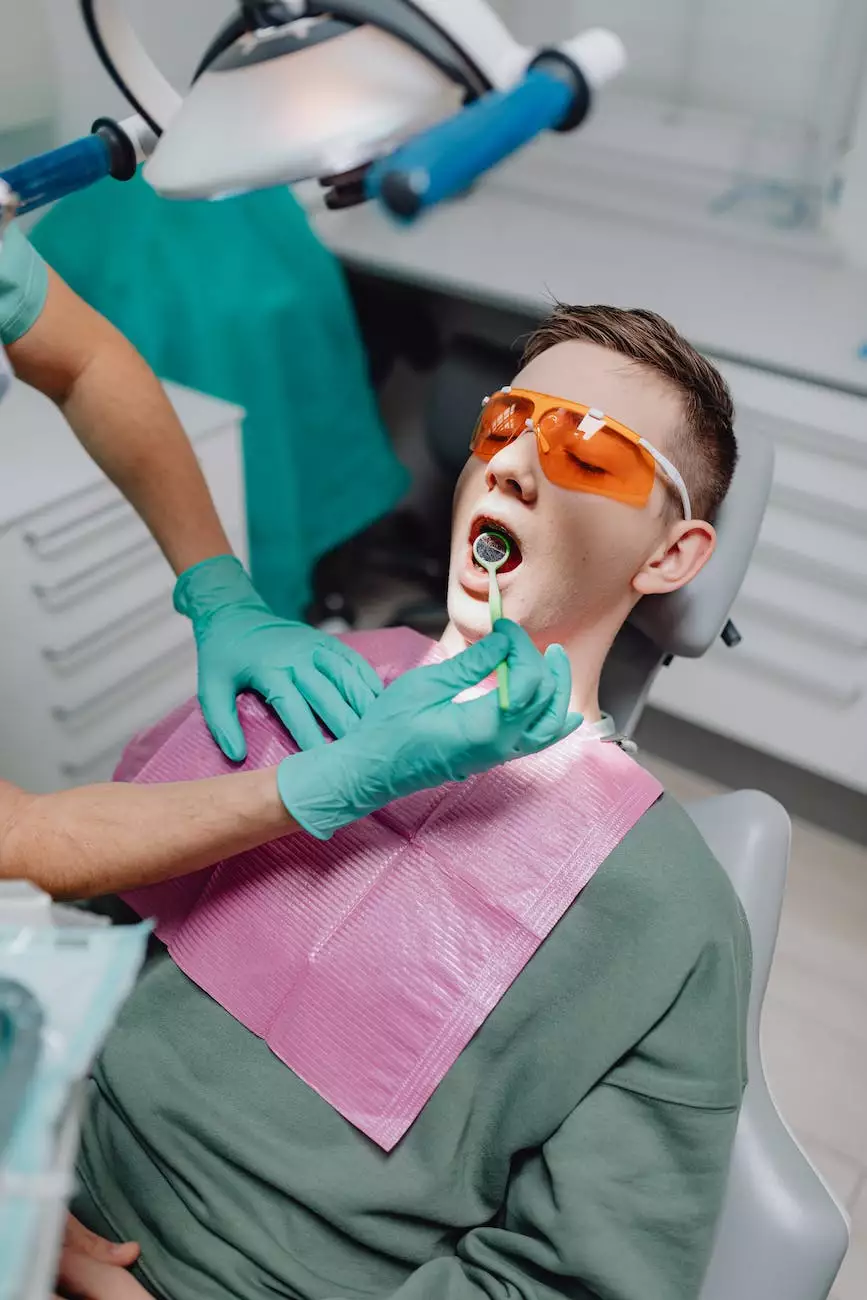Is Sleep Apnea Linked to Cancer? Studies Say, 'Yes'
About Gulfshore Dental | Dental Offices - Fort Myers - LaBelle
Sleep apnea is a common sleep disorder that affects millions of people worldwide. It is characterized by pauses in breathing or shallow breaths during sleep, leading to disruptive sleep patterns and inadequate oxygen supply to the body. While the relationship between sleep apnea and various health conditions has been extensively studied, recent research suggests a potential link between sleep apnea and cancer.
The Sleep Apnea-Cancer Connection
Multiple studies have indicated that there might be a connection between sleep apnea and the development or progression of certain types of cancer.
1. Increased Cancer Risk
Research has shown that individuals with sleep apnea may have an elevated risk of developing cancers such as:
- Colorectal cancer
- Lung cancer
- Prostate cancer
- Endometrial cancer
The reasons behind this relationship are not yet fully understood, but several theories have emerged:
a) Oxygen Deprivation
Sleep apnea often leads to decreased oxygen levels in the body, a condition known as hypoxia. Hypoxia has been linked to the promotion of tumorigenesis, where tumor cells grow and multiply rapidly.
b) Inflammation
Intermittent hypoxia in sleep apnea can trigger a chronic inflammatory response, which is known to contribute to cancer development.
c) Hormonal Imbalance
Sleep apnea has been associated with disruptions in hormone levels, particularly those related to metabolism and inflammation, both of which play critical roles in cancer progression.
2. Aggravated Cancer Growth and Progression
Aside from the increased risk of developing cancer, sleep apnea may also aggravate the growth and progression of existing tumors. Studies suggest that the following mechanisms may be responsible for this:
a) Angiogenesis
Sleep apnea has been shown to trigger the overproduction of certain growth factors, which can promote the growth of blood vessels that supply nutrients to tumors, a process called angiogenesis.
b) Immune Suppression
Chronic intermittent hypoxia may compromise the immune system's ability to detect and eliminate cancer cells, facilitating tumor growth and metastasis.
c) Epigenetic Modifications
Sleep apnea can lead to epigenetic changes in genes related to cancer suppression, potentially allowing the uncontrolled growth of cancer cells.
Reducing Cancer Risk with Dental Services
If you suspect you may have sleep apnea or have already been diagnosed, seeking appropriate treatment can be crucial not only for managing your sleep disorder but also for potentially reducing your risk of developing or worsening cancer.
1. Dental Appliances
Coseo Robert G DDS specializes in providing dental appliances such as oral appliances and mandibular advancement devices that can help alleviate sleep apnea symptoms. These custom-fit devices work by repositioning the jaw and tongue to help maintain an open airway, reducing the frequency and severity of apnea episodes.
2. Continuous Positive Airway Pressure (CPAP) Therapy
In cases where sleep apnea is more severe, CPAP therapy may be recommended. This treatment involves wearing a mask connected to a machine that delivers pressurized air, ensuring a continuous flow of oxygen during sleep.
3. Lifestyle Modifications
Alongside dental interventions, adopting a healthy lifestyle can significantly contribute to managing sleep apnea and, consequently, reducing cancer risk. Some lifestyle changes that may be recommended include:
- Weight loss
- Avoidance of alcohol and sedatives
- Regular exercise
- Quitting smoking
Conclusion
While additional research is needed to fully understand the precise relationship between sleep apnea and cancer, emerging evidence suggests a potential link. By seeking appropriate treatment for sleep apnea and making necessary lifestyle changes, you can take proactive steps to reduce your risk of developing or worsening cancer.
At Coseo Robert G DDS, we are committed to providing comprehensive dental services that not only address sleep apnea but also contribute to the overall well-being of our patients. Contact us today to schedule a consultation and take control of your sleep health!




